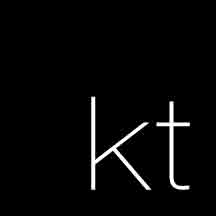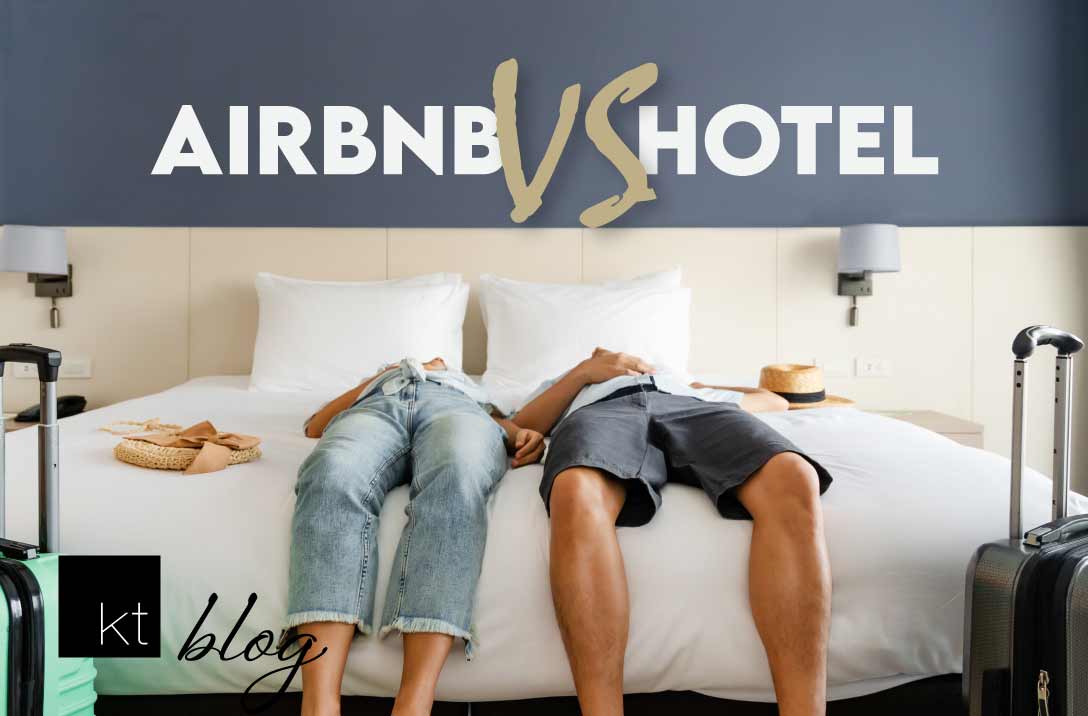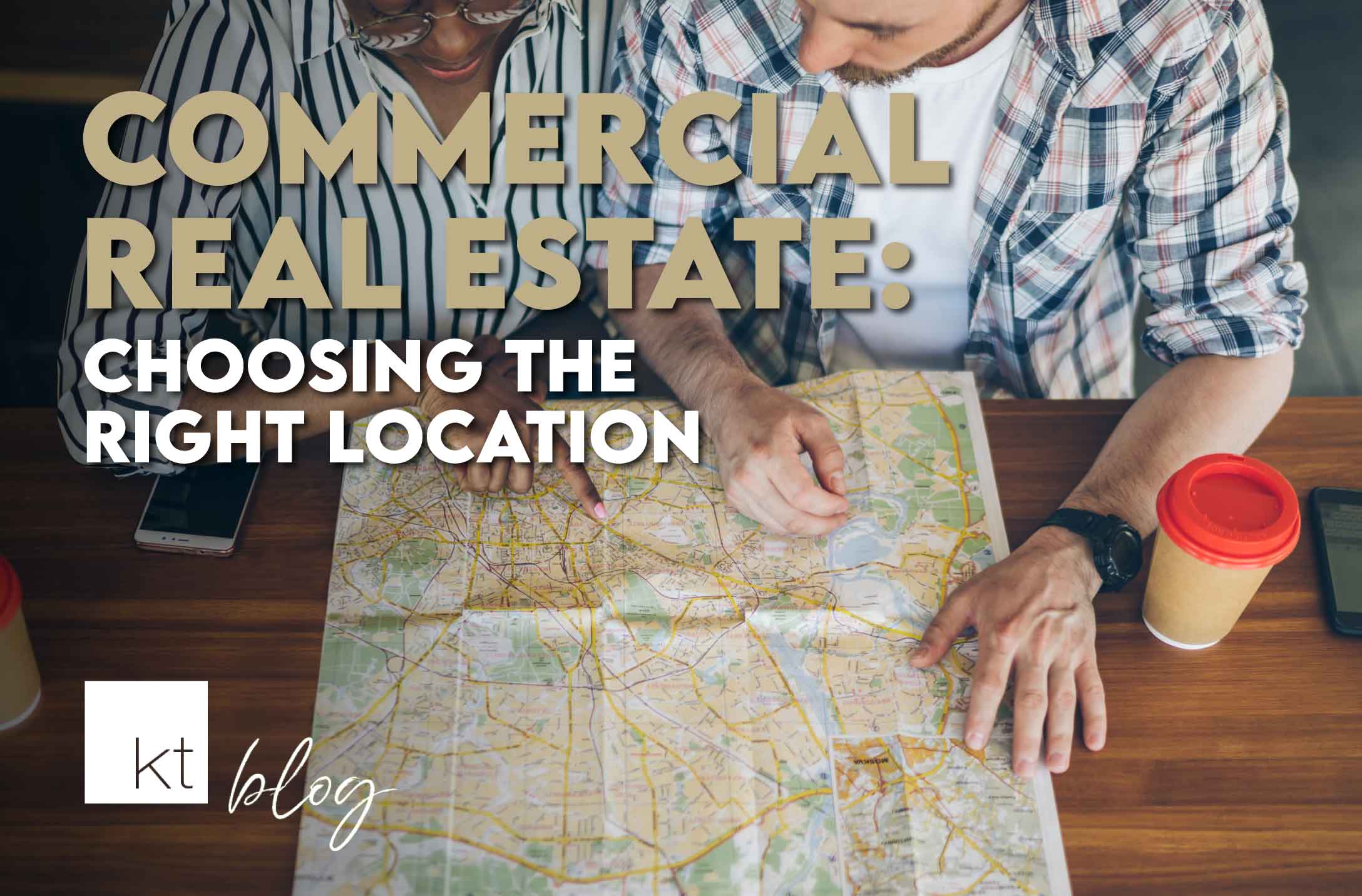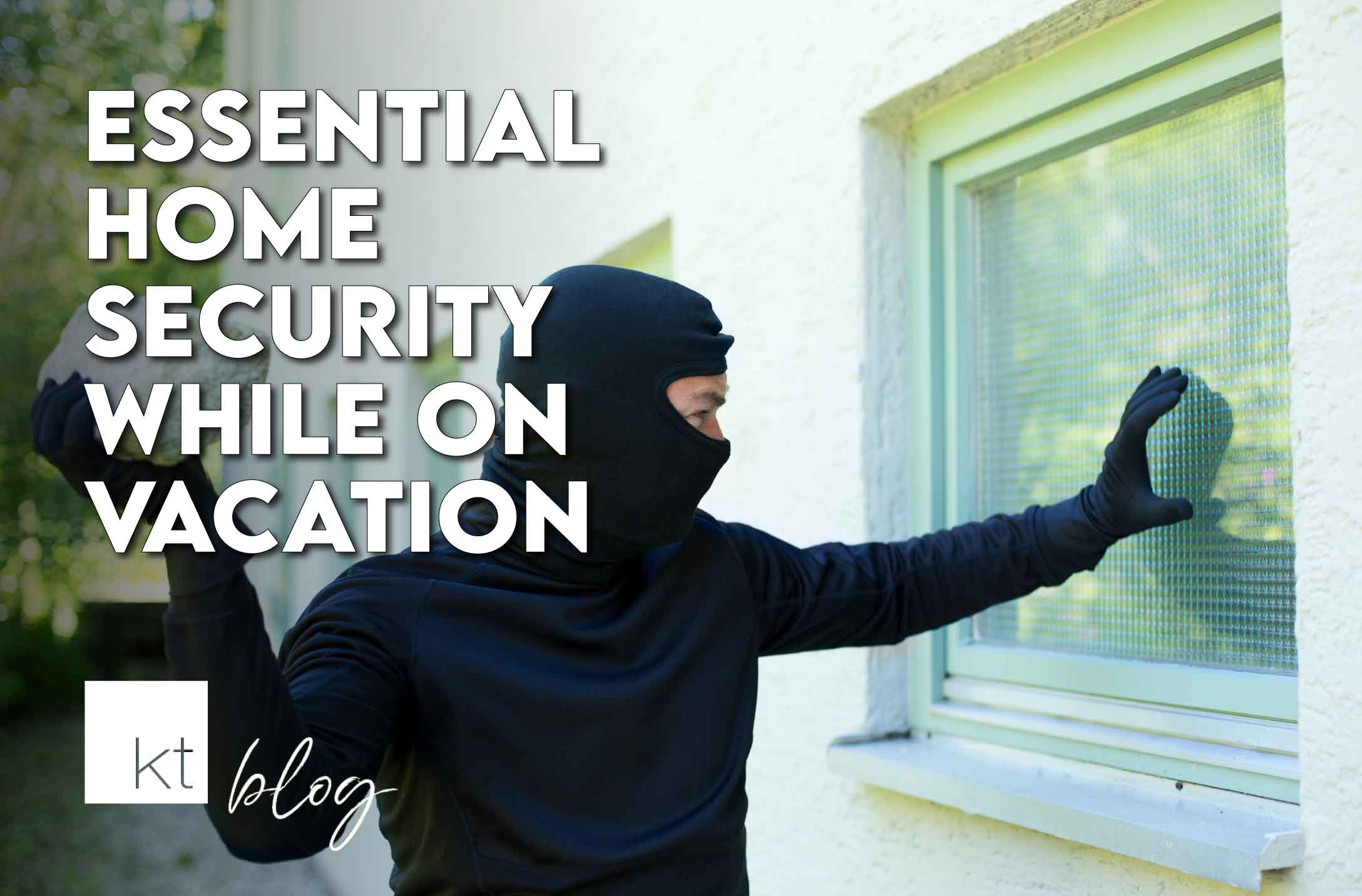Today, Ariel and Adrian discuss the ins and outs of Airbnb as a guest and as a short-term rental operator.
The Pros and Cons of Staying in an Airbnb
Recent reports show that Airbnb prices in Toronto are now equivalent to hotel prices. Research reveals that between 2019 and 2023, short-term rentals increased in price by about 44 percent, while hotel rooms increased by 24 percent.
When Airbnb came on the vacation scene about 14 years ago, it was generally considered a cheaper option than staying in a hotel. Other perks include:
- More flexibility with check-in and check-out times
- Larger spaces
- Access to amenities like a kitchen and other comforts of a home
- More variety in accommodations
But there are also downsides to the Airbnb model:
- You don’t always know what you’re getting
- Services vary widely from property to property
Although hotels have generally been more expensive in the past, many people prefer this model over an Airbnb for many reasons, including:
- Many offer a free breakfast
- Ordering room service
- Clean towels and maid service daily
- Sanitization is up to snuff
- Peace of mind that you know what you’re getting
- The concierge checks you in and gives you lots of information; you need to just pick up the phone and ask
Why Airbnb Prices are Increasing/Supply in Demand
While the travel industry was decimated during the pandemic lockdowns, there’s been a huge resurgence in demand, and rental rates have risen in response.
Another factor is that people who bought Airbnb rentals while prices were higher are now subject to higher mortgage payments due to interest rate increases and may be passing those increases on to their guests.
What You Should Know as a Short-Term Rental Operator
If you’re considering buying a property as an Airbnb rental in Toronto, you should know that the city has cracked down. Many condos don’t allow short-term rentals, defined as less than 28 consecutive days.
Operating costs are rising, whether it’s an Airbnb or not, considering the fact that many expenses are involved.
- You need to register with the city and collect and remit a 4% tax
- As a business, you have to charge 13% HST
- Yard maintenance and gardening costs or doing it yourself
- Cleaners
- Welcome gift baskets (wine, local baked goods, gift cards, etc.)
At what point does it become a residential tenant vs. a vacation rental?
Here’s how one of our team members, Steve Cecchetto, has found his experience managing an airbnb
The Market for Long-Term Rentals
Most people hear Airbnb and think short-term rentals, but there’s a huge market for longer three to six-month furnished rental properties that include:
- People waiting to close a property
- New immigrants
- Those starting a new job but don’t want to buy right away
- Houses burnt down or flooded and awaiting repairs
Potential Investors and Real Estate Airbnb Investments
Go to 15:45 to find out what Adrian and Ariel think of purchasing an Airbnb property as an investment and 19:44 to learn about secret camera tricks.
Future Predictions for the Hotel vs. Airbnb Price Debate
With Airbnb prices now rivaling that of hotels, it seems like something is going to break. Hotel prices could start undercutting the Airbnb model. Big businesses have a lot more clout and could appeal to the city about getting more rules implemented around the industry.
Renting Properties
Long-term rentals are more popular in Milton than ever. More and more people are selling first, or selling before they close to make sure they have the money in the bank. Sometimes closing dates get extended, and people are potentially left without a home and will pay a premium in that situation.
If you’re considering your options, here’s more information on becoming an Airbnb host.





